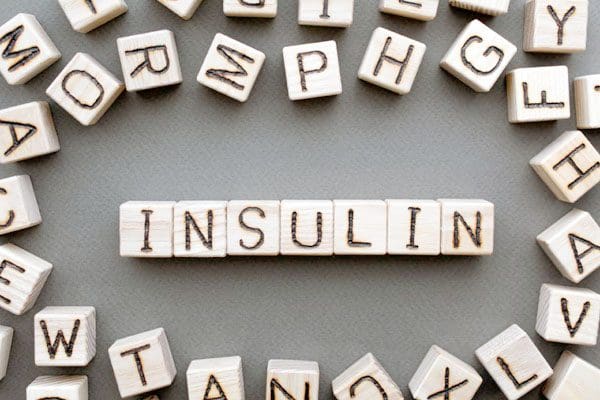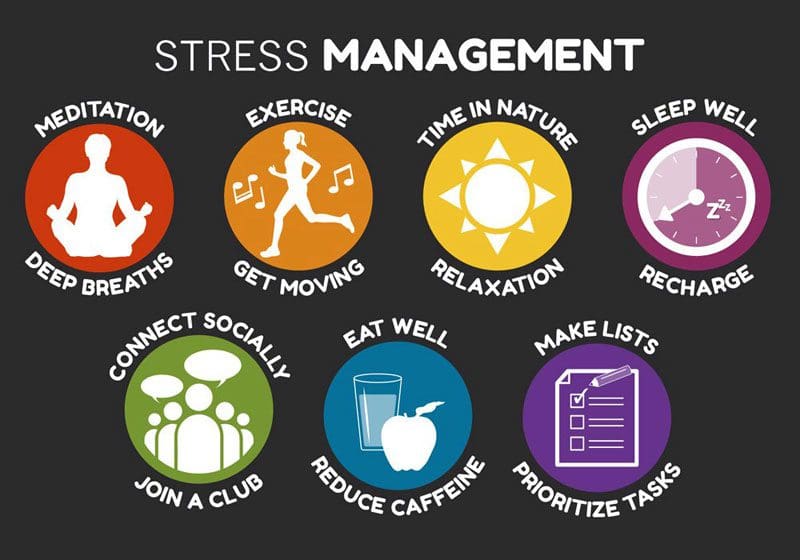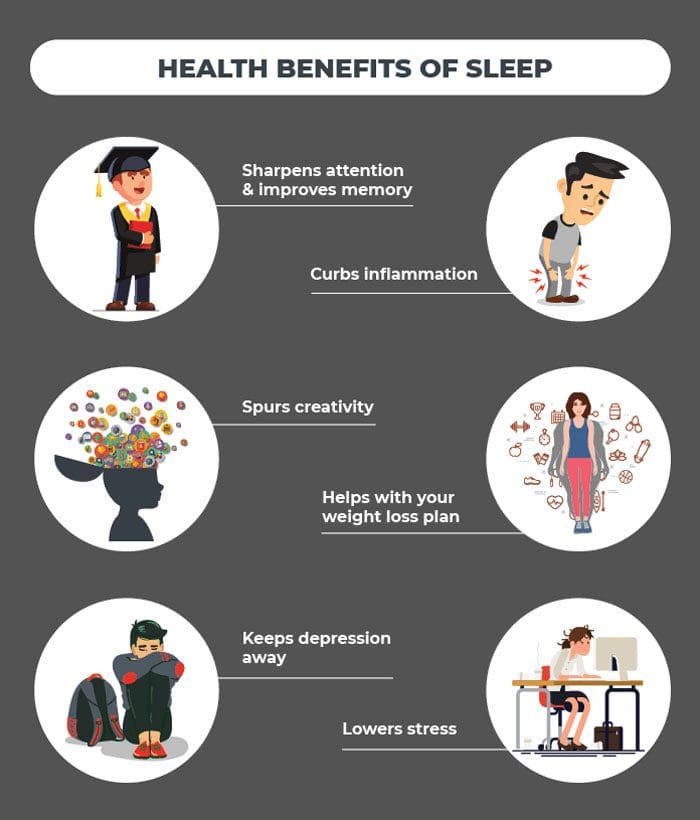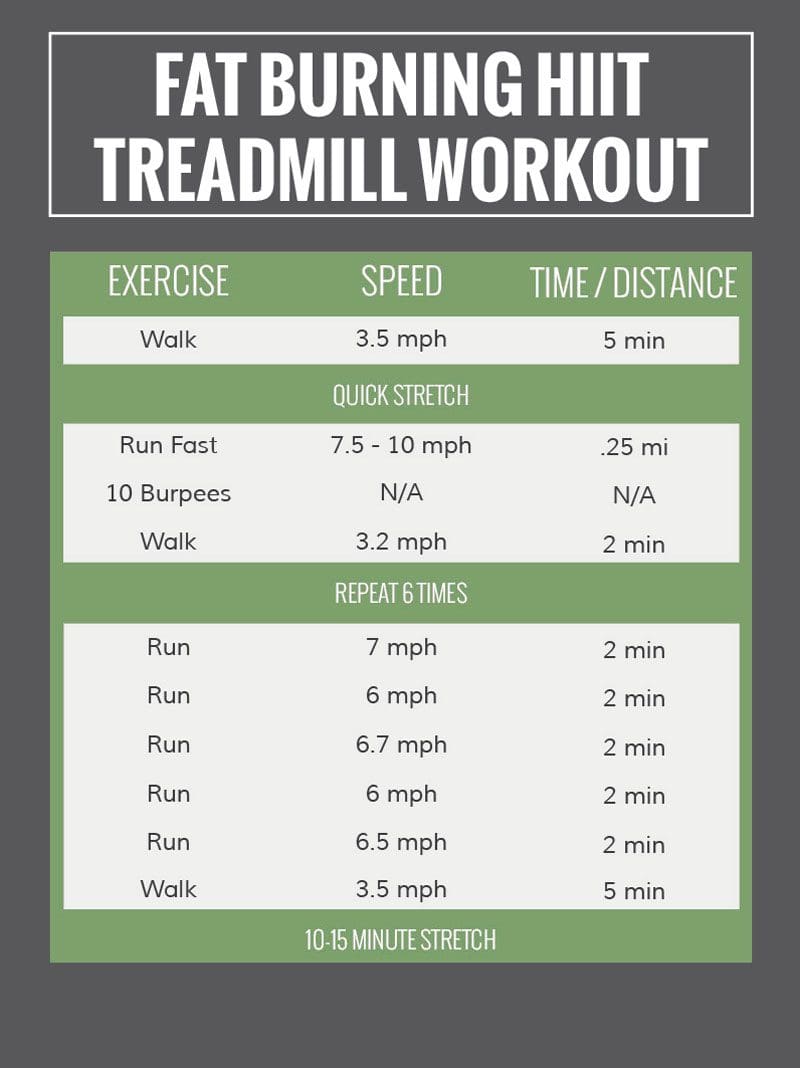Weight Loss Strategies That Are Evidence-Based

Improve insulin sensitivity
When consuming carbohydrates, it is broken down into sugar. The body needs a certain amount of sugar to function. However, it is a narrow safety range. If the level gets too high for too long, cellular damage happens. The role of insulin is to guide the excess sugar/glucose into the cells. However, more individuals are experiencing high blood insulin levels, called hyperinsulinemia. Possible symptoms can include:- Sugar cravings
- Unusual weight gain
- Frequent hunger
- Excessive hunger
- Unable to concentrate
- Anxiety or feelings of panic
- Lack of focus
- Extreme fatigue

Insulin sensitivity and weight loss
A high level of insulin in the blood can trigger weight gain and make losing it difficult. Results of high insulin:- Disrupts the breakdown of fat known as lipolysis
- Raises the potential for fat storage
- Increases the risk of regaining weight despite following a low-calorie diet
Improving insulin sensitivity can be done by:
- Consuming whole, low glycemic foods
- Eating healthy fats
- Incorporating high-intensity interval training
- Going for optimal gut health
- Managing stress effectively
Manage stress levels
Stress and stress eating could be contributing to an expanding waistline. Examples could be eating a favorite meal while barely being conscious of the process or the inability to resist a chocolate bar after a long, distressing day. Research published in the Journal of Health Psychology found that stress-related eating has a preference for calorie-dense and highly tasty foods. And when stress levels rise, food cravings rise, triggering fat gain.
Reducing stress
There are a variety of techniques that can help the mind and body relax turning off the stress response. Here are some science-based favorites:- Meditation
- Exercise
- Progressive Muscle Relaxation
- Yoga
- Emotional Freedom Technique
- Foods that have B vitamins, zinc, and Omega-three fatty acids. These include:
- Free-range eggs
- Nuts
- Seeds
- Fatty fish
- Dark chocolate
Proper sleep cycle
Proper sleep means sound sleep eight hours each night. Many individuals have convinced themselves that five or six hours is enough. Unfortunately, research shows otherwise. In a study published in PLOS Medicine, researchers studied the effects of short sleep duration on hormones that lessen or increase hunger, and on body mass index or BMI. They found the participants with short sleep had reduced leptin and elevated ghrelin which increases appetite and can contribute to weight gain.Improving sleep quality
- Developing a healthy sleep routine
- Have the same sleep and waking time
- Time to wind down
- Meditate a little before sleep
- Take a warm bath 90 minutes before bed
- Avoid blue light at least 90 minutes before going to sleep
- Limit caffeine intake as it can negatively affect sleep even when taken six hours before sleep
- Avoid/limit alcohol in the evenings
- Regular physical activity can help release stress and tension, tiring the body out so sleep comes naturally
- 30 to 40-minute endurance sessions a week are plenty. However, for some individuals, exercising too close to bedtime can have the opposite effect. Therefore, take note of whether this would be a problem.

High-Intensity Interval Training
There are a variety of approaches to exercising. But there is one evidence-based approach that has been proven to:- Burn abdominal fat
- Reduce waist circumference
- Address insulin resistance
It is known as HIIT.
High-Intensity Interval Exercise involves:- Repeated brief sprints with all-out intensity immediately followed by low-intensity exercise or rest.
- This type of exercise is a perfect match for:
- Treadmill workout
- Elliptical trainer workout
- Skipping/jumping rope
- Rowing workout
- Walking workout

Increasing Muscle Mass
An increased amount of muscle increases the basal metabolic rate or BMR. This increases the body’s ability to burn fat and lose weight. A loss of lean body mass lowers resting energy expenditure and increases fatigue and injury risk. For individuals trying to lose weight the metabolic decline triggered by a loss of lean body mass can cause regaining the fat previously lost. What this means is that when muscle mass drops so does metabolism along with the ability to keep the weight off. When muscle mass increases the body can easily burn fat, making it possible to achieve and maintain a healthy weight. It’s important to remember that as the body’s muscle mass increases the body needs more energy to nourish and support this new tissue. This means that higher calories are allowed, as not having enough calories becomes counterproductive. Muscle mass increase can be achieved by:- A healthy diet will help build muscle
- Strength and resistance training
- Taking protein supplements

Weight loss strategies takeaway
With the right approaches, permanent weight loss is possible. Instead of deprivation, focus on science-backed approaches that work:- Improved insulin sensitivity
- Stress management
- Sound sleep
- High-intensity interval training
- Increasing muscle mass
- Choose approaches that are enjoyable and fun
Body Composition
Dr. Alex Jimenez’s Blog Post Disclaimer
The scope of our information is limited to chiropractic, musculoskeletal, physical medicines, wellness, and sensitive health issues and/or functional medicine articles, topics, and discussions. We use functional health & wellness protocols to treat and support care for injuries or disorders of the musculoskeletal system. Our posts, topics, subjects, and insights cover clinical matters, issues, and topics that relate and support directly or indirectly our clinical scope of practice.* Our office has made a reasonable attempt to provide supportive citations and has identified the relevant research study or studies supporting our posts. We also make copies of supporting research studies available to the board and or the public upon request. We understand that we cover matters that require an additional explanation as to how it may assist in a particular care plan or treatment protocol; therefore, to further discuss the subject matter above, please feel free to ask Dr. Alex Jimenez or contact us at 915-850-0900. The provider(s) Licensed in Texas& New Mexico*References
Chao, Ariana et al. “Food cravings mediate the relationship between chronic stress and body mass index.â€Â Journal of health psychology vol. 20,6 (2015): 721-9. doi:10.1177/1359105315573448 Taheri, Shahrad et al. “Short sleep duration is associated with reduced leptin, elevated ghrelin, and increased body mass index.â€Â PLoS medicine vol. 1,3 (2004): e62. doi:10.1371/journal.pmed.0010062Post Disclaimers
Professional Scope of Practice *
The information herein on "Weight Loss Strategies That Are Evidence-Based" is not intended to replace a one-on-one relationship with a qualified health care professional or licensed physician and is not medical advice. We encourage you to make healthcare decisions based on your research and partnership with a qualified healthcare professional.
Blog Information & Scope Discussions
Our information scope is limited to Chiropractic, musculoskeletal, physical medicines, wellness, contributing etiological viscerosomatic disturbances within clinical presentations, associated somatovisceral reflex clinical dynamics, subluxation complexes, sensitive health issues, and/or functional medicine articles, topics, and discussions.
We provide and present clinical collaboration with specialists from various disciplines. Each specialist is governed by their professional scope of practice and their jurisdiction of licensure. We use functional health & wellness protocols to treat and support care for the injuries or disorders of the musculoskeletal system.
Our videos, posts, topics, subjects, and insights cover clinical matters, issues, and topics that relate to and directly or indirectly support our clinical scope of practice.*
Our office has reasonably attempted to provide supportive citations and has identified the relevant research study or studies supporting our posts. We provide copies of supporting research studies available to regulatory boards and the public upon request.
We understand that we cover matters that require an additional explanation of how it may assist in a particular care plan or treatment protocol; therefore, to further discuss the subject matter above, please feel free to ask Dr. Alex Jimenez, DC, or contact us at 915-850-0900.
We are here to help you and your family.
Blessings
Dr. Alex Jimenez DC, MSACP, RN*, CCST, IFMCP*, CIFM*, ATN*
email: coach@elpasofunctionalmedicine.com
Licensed as a Doctor of Chiropractic (DC) in Texas & New Mexico*
Texas DC License # TX5807, New Mexico DC License # NM-DC2182
Licensed as a Registered Nurse (RN*) in Florida
Florida License RN License # RN9617241 (Control No. 3558029)
Compact Status: Multi-State License: Authorized to Practice in 40 States*
Presently Matriculated: ICHS: MSN* FNP (Family Nurse Practitioner Program)
Dr. Alex Jimenez DC, MSACP, RN* CIFM*, IFMCP*, ATN*, CCST
My Digital Business Card






 Again, I Welcome You.
Again, I Welcome You.
Comments are closed.